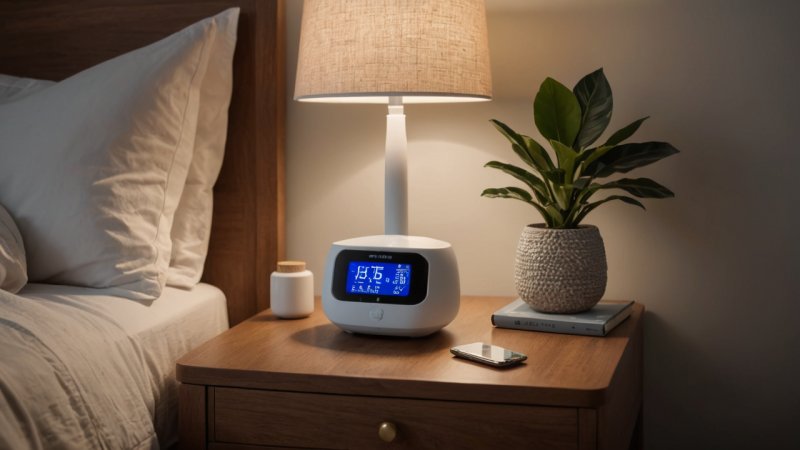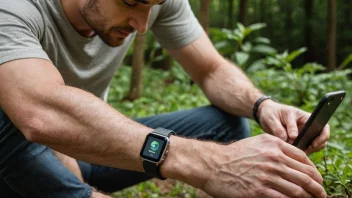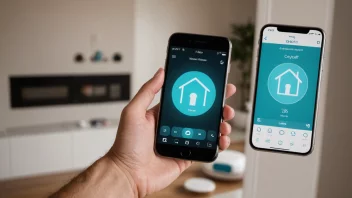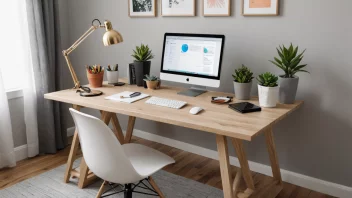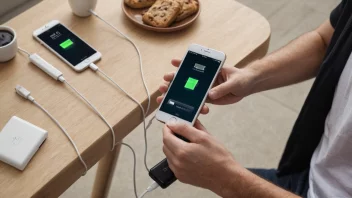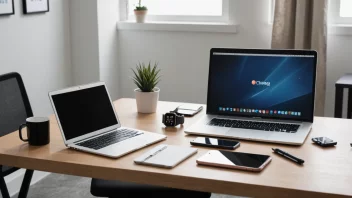In the quest for improved sleep quality, technology has provided us with innovative solutions. Two prominent categories have emerged in this space: smart sleep aids and sleep tracking devices. While both aim to enhance sleep, they do so through different methods, catering to various preferences and needs. In this article, we will explore the differences, pros, and cons of each category, helping you to decide which might be a better fit for your sleep improvement journey.
Understanding Smart Sleep Aids
Smart sleep aids are devices designed to promote better sleep environments and routines. They can include items like smart beds, sleep sound machines, and light therapy lamps. These tools focus on creating the ideal conditions for sleep, from adjusting your room's temperature to providing soothing sounds.
Pros of Smart Sleep Aids
- Customized Sleep Environment: Many smart sleep aids allow users to customize their environment. For example, you can adjust the white noise level or change the color of a light therapy lamp to suit your preferences.
- Improved Sleep Hygiene: These devices encourage better sleep habits, such as maintaining a consistent sleep schedule with smart alarms or creating a relaxing bedtime routine.
- Integration with Smart Home Systems: Smart sleep aids can seamlessly integrate with other smart home devices, enabling features like automated blackout curtains or temperature adjustments based on your sleep phase.
Cons of Smart Sleep Aids
- Cost: High-quality smart sleep aids can be expensive, making them a significant investment.
- Complexity: Some users may find the technology overwhelming, especially if they are not tech-savvy.
- Dependence on Technology: Relying on devices for sleep can create dependency, which may not be ideal for everyone.
Exploring Sleep Tracking Devices
In contrast, sleep tracking devices focus on monitoring and analyzing your sleep patterns. These can include wearable devices like smartwatches and fitness trackers, as well as non-wearable devices that sit on your nightstand or under your mattress. They provide insights into sleep quality, duration, and interruptions.
Pros of Sleep Tracking Devices
- Detailed Sleep Insights: Sleep trackers provide valuable data about your sleep patterns, helping you identify issues that may be affecting your rest.
- Health Monitoring: Many sleep trackers also monitor other health metrics, such as heart rate and activity levels, providing a holistic view of your health.
- Motivation for Improvement: Seeing your sleep data can motivate you to make changes to improve your sleep hygiene.
Cons of Sleep Tracking Devices
- Accuracy Issues: Some devices may not accurately track sleep stages or may be influenced by factors like movement or noise.
- Discomfort: Wearing a device while sleeping can be uncomfortable for some users, impacting their ability to fall asleep.
- Information Overload: The sheer amount of data collected can be overwhelming, making it challenging to interpret and act on the findings.
Key Differences Between Smart Sleep Aids and Sleep Tracking Devices
While both smart sleep aids and sleep tracking devices aim to improve sleep, their approaches and functionalities differ significantly. Here are some key distinctions:
- Functionality: Smart sleep aids create an ideal sleep environment, while sleep trackers monitor your sleep patterns.
- User Interaction: Smart sleep aids often require active user engagement to set up and optimize, whereas sleep trackers passively collect data.
- Cost: Generally, smart sleep aids tend to be more expensive than sleep tracking devices, which can range from budget-friendly to premium.
Which One is Right for You?
Choosing between smart sleep aids and sleep tracking devices ultimately depends on your personal needs and preferences. If you struggle to create a conducive sleep environment or have irregular sleep patterns, a smart sleep aid may be the way to go. On the other hand, if you’re interested in analyzing your sleep to identify patterns or potential issues, a sleep tracking device could be more beneficial.
Combining Both Approaches
For those who want a comprehensive sleep solution, combining both smart sleep aids and sleep tracking devices can offer the best of both worlds. Utilizing a sleep tracker to gather data on your sleep habits while employing a smart sleep aid to create an optimal sleeping environment can lead to significant improvements in sleep quality.
Conclusion
In conclusion, smart sleep aids and sleep tracking devices each offer unique advantages and disadvantages. Smart sleep aids excel at creating favorable sleep conditions, while sleep trackers provide valuable insights into sleep behavior. By understanding your needs and preferences, you can make an informed decision that enhances your sleep quality and overall well-being.
